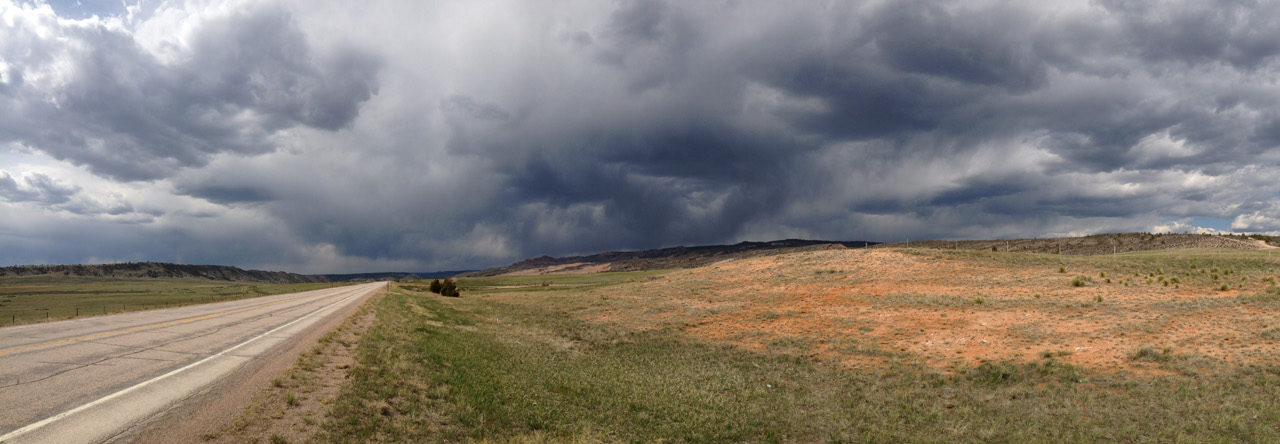 This past end of week/weekend I attended the first Futurescapes workshop to be held in Capitol Reef National Park. I had been looking for a workshop sort of thing to take part in this summer but hadn’t known about the Futurescapes workshop held in Sundance. I came across it, but it was already too late to attend that one.
This past end of week/weekend I attended the first Futurescapes workshop to be held in Capitol Reef National Park. I had been looking for a workshop sort of thing to take part in this summer but hadn’t known about the Futurescapes workshop held in Sundance. I came across it, but it was already too late to attend that one.
But then there was this other one that was smaller—only about 15 people can attend—and it was to be hosted at a national park. The whole idea sounded exciting, and even if we were sleeping outdoors in tents and sleeping bags, I would have been ok with that. That wasn’t the case, though, and in fact had quite nice dorms to stay in at the Capitol Reef Station, which was a small cluster of buildings inside the park that hosts visiting groups of scientists and artists. It’s off the grid, set up to be very self sufficient with solar electricity, water reclamation, etc. They have wifi thanks to a microwave relay that was pretty decent, considering we were out in the middle of nowhere.
The workshop itself was fun, and I got to meet some nifty people. I don’t feel like going into the details of the workshop itself because, I mean, it was a writing workshop; if you’ve been to a few, you know they’re pretty much the same no matter which you go to, with a few rare exceptions.
What I really loved about this was the location. Being so remote, there was no light pollution, and for the first time in my life I saw the Milky Way band of stars across the sky. This is an amazing thing because I love astronomy and space science—I originally planned to be an astrophysicist when I first went to college, then realized my higher math skills were garbage, something I had tried to convince myself was not true (one of a couple aspects of who I am that I was desperately trying to deny about myself, but finally, after great tumult, had to accept)—and for someone who likes space stuff so much, to have never had a chance to see the stars sans the smothering glow of light pollution, doing so at age 46 inspired the kind of awe that I associate with youth. Looking up there at ancient starlight, I felt a now too-rare rush of raw fascination. The Milky Way was real. Well, of course it’s real, you might say, but, seriously, there’s textbook real, and then there’s IRL, with-your-own-eyes real, and there’s simply no picture, no classroom course, no book that can fully capture and translate the expanse and the detail and the staggering possibility that you stare up at and that seems to stare back at you in way that at once makes manifest your insignificance and enunciates your own uniqueness in the universe.
The workshop was short, only Thursday, Friday, and we left on Saturday, but I enjoyed it quite a lot.



 “The smell of death.”
“The smell of death.”